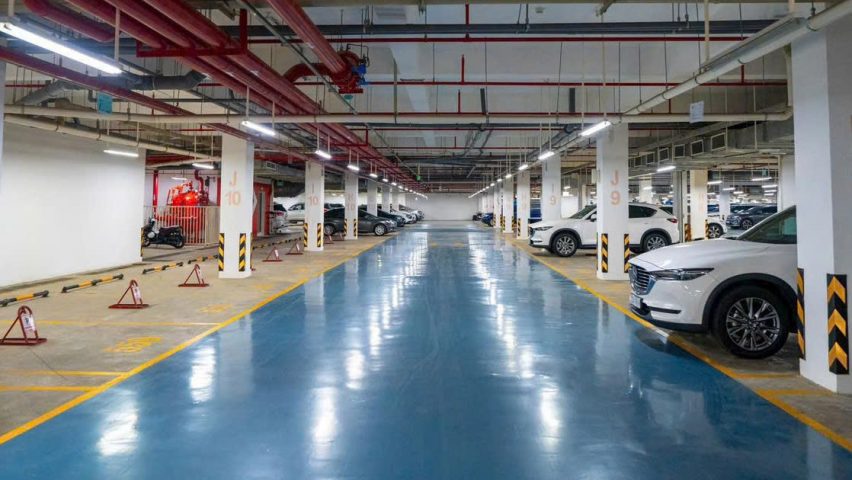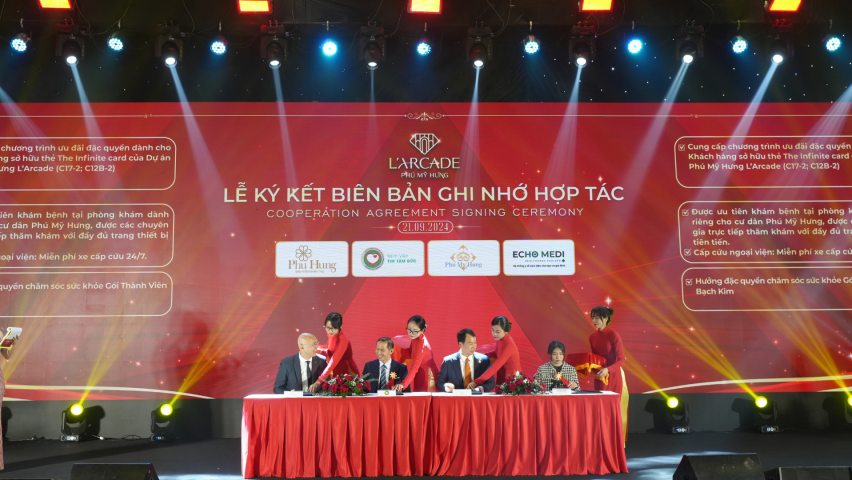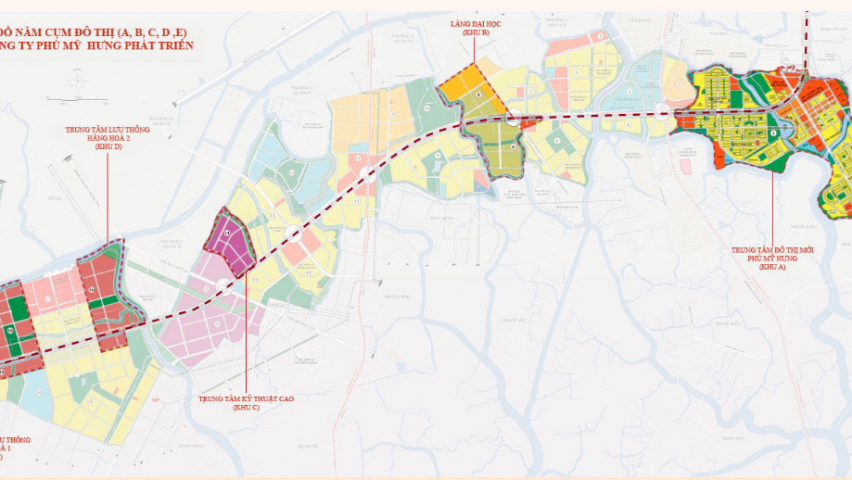New law widens foreign-home rights
According to Nguyen Manh Ha, head of the Ministry of Construction’s (MoC) Housing and Real Estate Market Management Department, the revised law was the most liberal policy yet in terms of home-ownership rights for foreign individuals and organisations.
One of the largest changes Ha said was that properties owned by foreigners could be sub-leased, traded, inherited and used as collateral. This marked a major change on the previous policy that restricted ownership to purely being used as habitation.
The revised law, which will take effect from July 1, 2015, states that all foreigners who have been granted a visa to Vietnam are allowed to buy property in the country. All foreign investment funds, banks, Vietnamese branches and representative offices of overseas companies are also eligible to buy properties.
Foreigners will now also be allowed to buy any kind of properties, whether apartments or houses, but with the proviso that such property is in already designated commercial housing developments.
More importantly, there will be also no limit on the number of houses a foreigner can buy, but the total number of units owned by foreigners must not exceed 30 per cent of the total units in one building, or not exceed 250 houses in one particular administrative area.
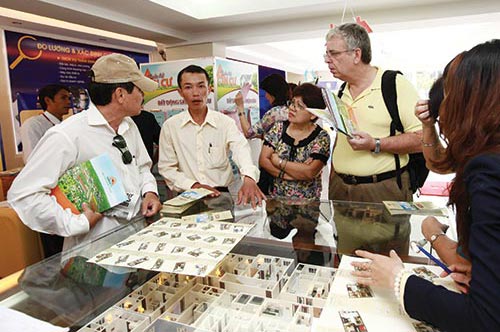
In addition, there will be no cap on the size of properties foreigners can buy. However the tenure remains at a 50 year leasehold period with an apparent with renewal possibility. Foreign individuals married to Vietnamese citizens are entitled to freehold tenure.
The revised law attempts to make the market more attractive to foreigners who have been working and living in Vietnam for a long time and wish to have stable ownership.
According to Dung Duong, head of research department under CBRE Vietnam, the relaxation of foreign ownership restrictions is more significant than previously anticipated and marks a strong step towards opening up the Vietnamese real estate market to overseas investment.
“This recently passed law makes the market more attractive to Vietnam-based expats seeking an investment in residential properties in Vietnam and clears away the initial barriers to create a level playing field. It should be noted that the implications may not be felt immediately, it will definitely benefit the already improving residential market. Generally, it will provide another boost to the strengthening of confidence and market sentiments, which is currently much needed for Vietnam real estate investment after it lost its lustre post 2008,” Dung cited in her latest report on foreign ownership in Vietnam.
She further commented that this long awaited change would help create a more balanced, transparent and sustainable residential property market in Vietnam and was expected to play a major role in correcting, to some extent, the above-mentioned issues, but the participation of private sector players would also play a big role.
The revised Law on Housing is the latest government move to help bolster the property market, following a housing stimulus programme and a low-cost home loan package.
The home property market is showing signs of recovery, mostly in the mid-range, whereas few high-end residences are attracting buyers. Therefore, Deputy Minister of Construction Nguyen Tran Nam believed that the new house-ownership policy would encourage more capital into the market.
The expansion of the housing purchase regulations for foreign individuals and organisations may encourage foreign investors to own houses in Vietnam.
The existing Law on Housing was based on the content of Resolution19/2008/QH12 issued by the National Assembly in 2008 which piloted allowing foreign individuals and organisations to buy homes in Vietnam.
According to figures from the General Department of Land Administration under the Ministry of Natural Resources and Environment, as of the end of November this year, just 780 overseas Vietnamese and foreigners had registered home ownership in 22 provinces and cities nationwide, with less than 200 non-Vietnamese being noted.
Industry insiders said that Vietnam had lagged behind other countries in providing home-ownership rights for foreigners. According to the MoC, home-ownership rights have been open for foreigners in countries such as South Korea, China, Thailand, the Philippines, Malaysia, and Singapore for a long time.
Christopher Piro, director of sales and marketing at Indochina Land said that from a regional perspective this made Vietnam unattractive as investors from Hong Kong, Singapore, or China typically survey key destinations such as Malaysia, Thailand, and the Philippines and compare the ownership laws as the first step of their due diligence.
“Upon further review this does not bode well for Vietnam given that in Malaysia foreigners are permitted to own property on a freehold basis (subject to terms and conditions) while in Thailand ownership is offered up to 90 years,” he said.
But the passing of the amended Law on Housing, would be good opportunity for developers to sell their products, Piro said, adding that through Vietnam Sotheby’s International Realty, Piro’s sales team had received hundreds of inquiries from foreign buyers. Firstly clients ask about foreign ownership laws and specifically the duration of ownership, and whether or not they can rent out the property.
| Christopher Piro – Director of sales and marketing at Indochina Land
Despite the restrictive nature of foreign ownership in Vietnam, Indochina Land has a track record of success selling 100 per cent of the Nam Hai and Six Senses Con Dao and considerable portions of the Hyatt Regency Danang and Indochina Riverside Towers to foreign buyers. The key markets have been Hong Kong, Singapore, and various countries in Europe. Most of the buyers are seeking a lifestyle property to enjoy holidays in Vietnam while diversifying their property portfolio by acquiring a property in an emerging market. Vietnam is attractive enough for foreigners to buy, I think however there is currently limited supply of suitable locations for foreign investors to acquire properties. Most investors prefer apartments with international management standards, a full range of amenities, and rental yields between 3 to 6 per cent. This is based on our extensive experience, and the most attractive areas are Danang and Ho Chi Minh City. Danang specifically benefits from world class beaches, an abundance of historical amenities, and a rapidly growing economy and advanced infrastructure meanwhile Ho Chi Minh City has a high growth economy and rapidly developing infrastructure which offers the foundation required to achieve long term capital appreciation. Dang Hung Vo – Real estate expert and former Deputy Minister of Natural Resources and Environment
Some people are afraid that such ownership would create speculation from foreigners and this could affect end-users and create a bubble, but in reality hardly any foreigners bought properties in our country since the permission was first granted in 2008.
Tran Ngoc Quang – Acting general secretary of the Vietnam Real Estate Association
Lawrence Peh – CEO of Vietnam International Township Development JSC
For Vietnam’s economy to grow and the country to become a true regional player, Vietnam has to attract longer term investors. Real estate itself is a long-term investment. Thus ownership in all kinds of real estate will promote longer term investments. Of course appropriate anti-speculation guidelines need to be in place and there are plenty of good examples that Vietnam can learn from her ASEAN partners. The new regulations will certainly help boost Vietnam’s economy and attract more long-term foreign investors. All forms of foreign investments will have a positive multiplier effect on Vietnam’s economy in general. As for our ParkCity township project, so far all our customers are obviously Vietnamese, therefore there would not be any direct impact on us. However, any positive effect on the Vietnamese economy benefiting any industry or in any form will help the overall economy one way or another. Vietnam as an investment destination holds great potential. But the country is not enjoying the full benefits of her potential and getting the attention she deserves. |
Via: vir.com.vn
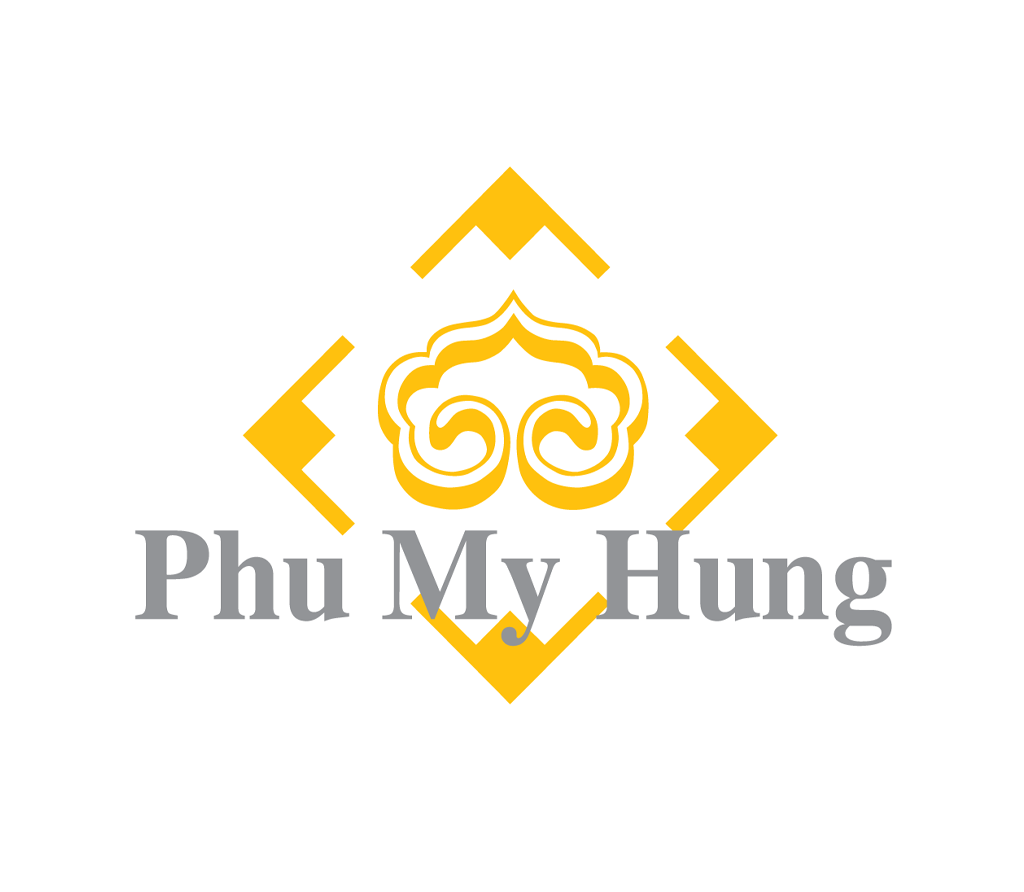



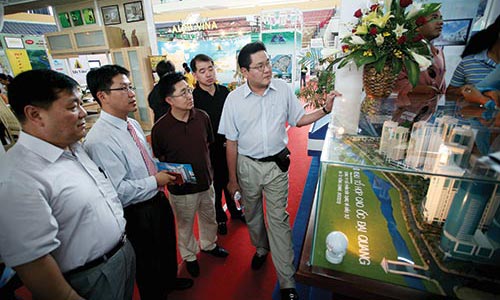
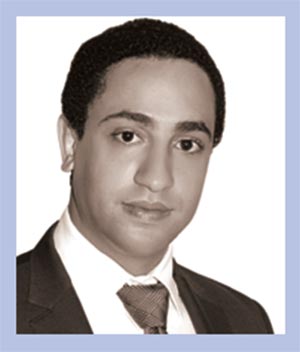 Over the past 10 years, we believe the Vietnamese government has been moving in the right direction to liberalise ownership. The current conditions are too restrictive in offering 50 year leasehold ownership, no mortgages, and restrictions on property rentals.
Over the past 10 years, we believe the Vietnamese government has been moving in the right direction to liberalise ownership. The current conditions are too restrictive in offering 50 year leasehold ownership, no mortgages, and restrictions on property rentals.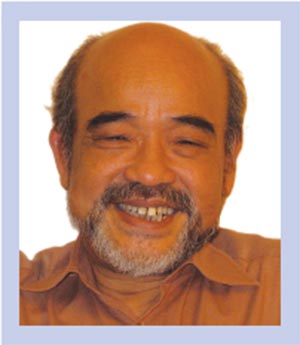 I think that Vietnam is behind other countries in permitting foreign ownership. This should have been done a long time ago, but instead it has just been done when the real estate market is facing oversupply and improved rights are more being used as a temporary solution. Selling property to foreigners is a condition of an integrated economy and it helps us to increase liquidity.
I think that Vietnam is behind other countries in permitting foreign ownership. This should have been done a long time ago, but instead it has just been done when the real estate market is facing oversupply and improved rights are more being used as a temporary solution. Selling property to foreigners is a condition of an integrated economy and it helps us to increase liquidity.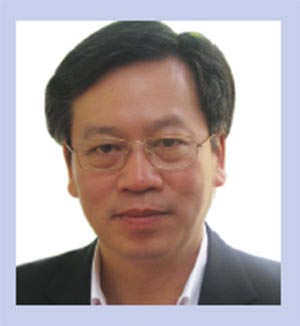 I think that after many years of implementation, the laws on Housing and Real Estate Business have created a legal system for good operations of the market. The laws, however have revealed many outstanding issues which could not meet the country’s socio-economic requirements. For example we have no solutions to solve the unplanned development of the market which could bring more risks for both developers and buyers. Together with it is the speculation and price increases in the real estate market, which is making impacts on many other economic sectors.
I think that after many years of implementation, the laws on Housing and Real Estate Business have created a legal system for good operations of the market. The laws, however have revealed many outstanding issues which could not meet the country’s socio-economic requirements. For example we have no solutions to solve the unplanned development of the market which could bring more risks for both developers and buyers. Together with it is the speculation and price increases in the real estate market, which is making impacts on many other economic sectors.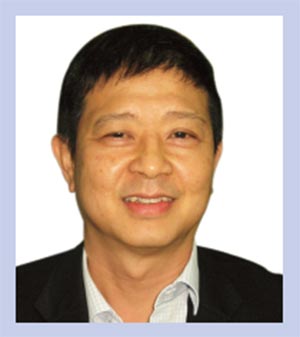 I believe the easing of regulations for foreigners to buy, sell, lease and sub-lease properties in Vietnam are long overdue.
I believe the easing of regulations for foreigners to buy, sell, lease and sub-lease properties in Vietnam are long overdue.



